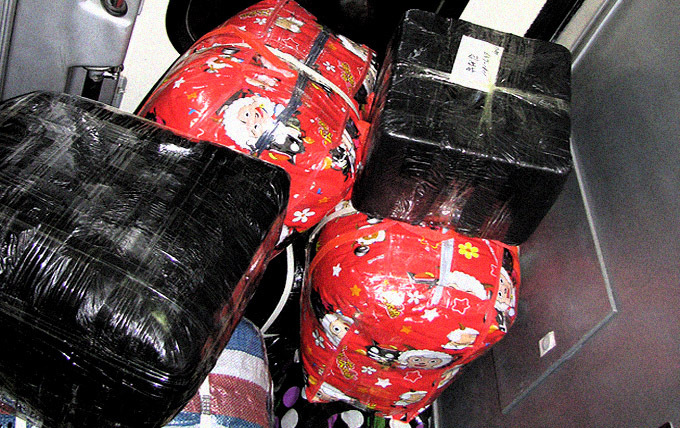Secretary of State Hillary Clinton announced last Wednesday a series of measures to increase Washington’s ability to “prevent North Korea's proliferation, to halt their illicit activities that helped fund their weapons programs and to discourage further provocative actions.” She added, “We will implement new country-specific sanctions aimed at North Korea's sale and procurement of arms and related material and the procurement of luxury goods and other illicit activities”. Although the U.S is already committed to implementing exactly these sanctions under UN Security Council Resolutions 1718 and 1874, Ms. Clinton explained that they will now be more strictly imposed, in response to steps North Korean entities have taken to adapt to the existing sanctions. In addition to bolstering current sanctions, Washington also looks set to freeze a number of bank accounts associated with suspect North Korean companies, although on limited scale. So, is this latest development merely posturing, the seeds of a major change in North Korean behavior, or likely to start a second Korean war?
In answering this question it’s important to look first at the context that the U.S announcement was made in. March 26 saw the sinking of the Cheonan, May 20 - South Korea’s alleged evidence of North Korean culpability, and ever since, U.S rhetoric that continues to condemn Pyongyang’s behavior while also warning of inevitable consequences. Unfortunately for Washington though, ‘consequences’ did not arise for North Korea when the Cheonan incident was finally raised at the United Nations Security Council in early July. While the UNSC statement condemned the sinking of the ROK navy corvette and expressed “deep concern” over South Korea’s investigative report, the carefully worded text excluded any actual reference to the DPRK. Consequently it came as little surprise that North Korea considered the UNSC statement a “diplomatic victory”, enabling it to elude any formal punishment. This was of course due to China’s reticence on the issue, which derives from the fact that Beijing was unwilling to call out its communist neighbor by name (just as the U.S is rarely willing to do so with Israel).
Secretary of State Hillary Clinton announced last Wednesday a series of measures to increase Washington’s ability to “prevent North Korea's proliferation, to halt their illicit activities that helped fund their weapons programs and to discourage further provocative actions.” She added, “We will implement new country-specific sanctions aimed at North Korea's sale and procurement of arms and related material and the procurement of luxury goods and other illicit activities”. Although the U.S is already committed to implementing exactly these sanctions under UN Security Council Resolutions 1718 and 1874, Ms. Clinton explained that they will now be more strictly imposed, in response to steps North Korean entities have taken to adapt to the existing sanctions. In addition to bolstering current sanctions, Washington also looks set to freeze a number of bank accounts associated with suspect North Korean companies, although on limited scale. So, is this latest development merely posturing, the seeds of a major change in North Korean behavior, or likely to start a second Korean war?
In answering this question it’s important to look first at the context that the U.S announcement was made in. March 26 saw the sinking of the Cheonan, May 20 - South Korea’s alleged evidence of North Korean culpability, and ever since, U.S rhetoric that continues to condemn Pyongyang’s behavior while also warning of inevitable consequences. Unfortunately for Washington though, ‘consequences’ did not arise for North Korea when the Cheonan incident was finally raised at the United Nations Security Council in early July. While the UNSC statement condemned the sinking of the ROK navy corvette and expressed “deep concern” over South Korea’s investigative report, the carefully worded text excluded any actual reference to the DPRK. Consequently it came as little surprise that North Korea considered the UNSC statement a “diplomatic victory”, enabling it to elude any formal punishment. This was of course due to China’s reticence on the issue, which derives from the fact that Beijing was unwilling to call out its communist neighbor by name (just as the U.S is rarely willing to do so with Israel).
Become a member for less
than $5.75 per week.
Unlimited access to all of NK News: reporting, investigations, analysis
The NK News Daily Update, an email newsletter to keep you in the loop
Searchable archive of all content, photo galleries, special columns
Contact NK News reporters with tips or requests for reporting
Get unlimited access to all NK News content, including original reporting, investigations, and analyses by our team of DPRK experts.
Subscribe now
All major cards accepted. No commitments – you can cancel any time.












